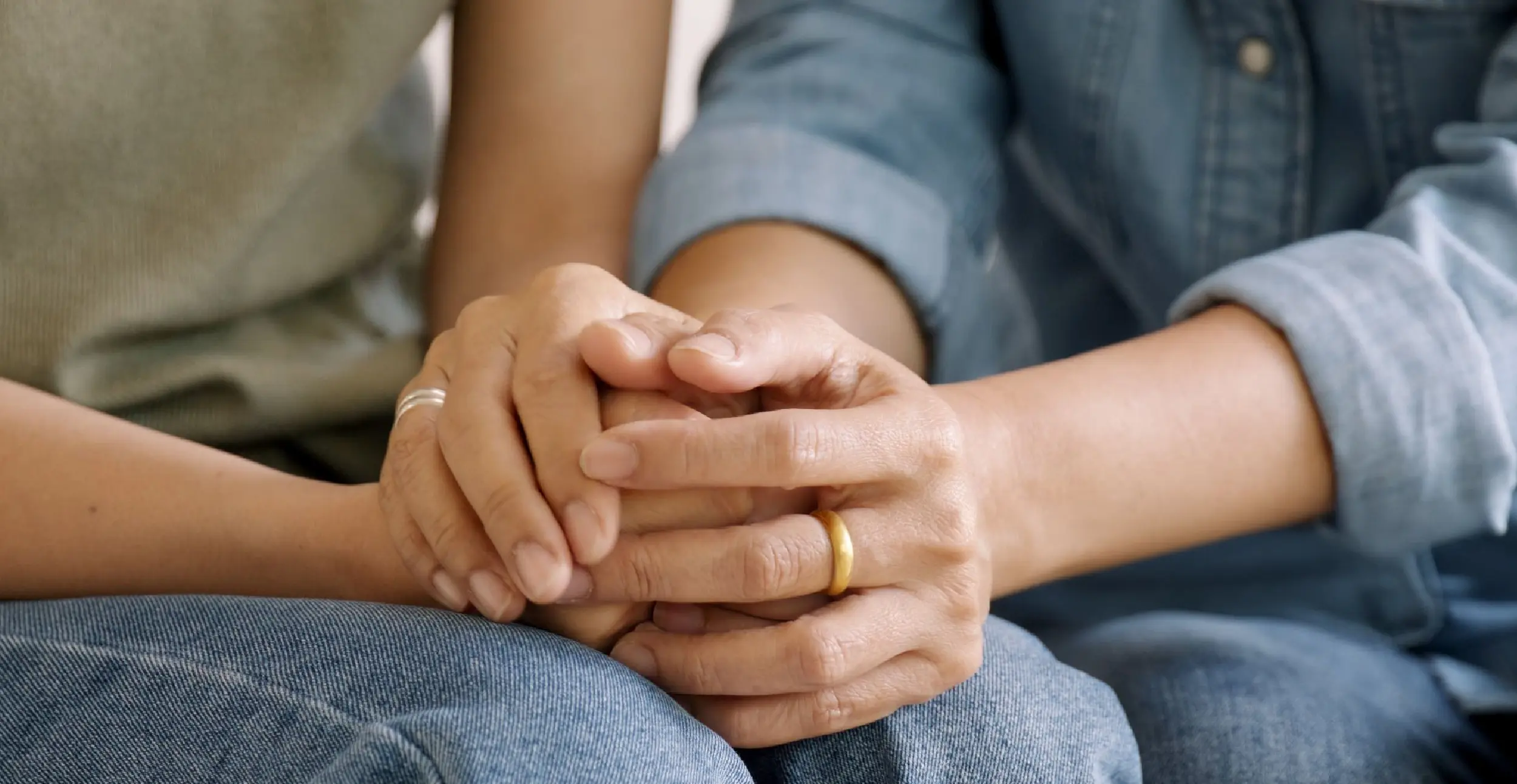Trichotillomania is a hair-pulling disorder that typically begins between the ages of 9 and 13, and peaks between 12 and 13. Some 2 percent of adolescents, more often females, suffer from trichotillomania and the accompanying hair-pulling anxiety.

Parent Information
How To Help A Teenager With Anxiety And Depression?
Anxiety and depression affect nearly 40% of teenagers, impacting their health, relationships, and academic performance. Learn the warning signs, different types of disorders, and how to support your teen through difficult times.




